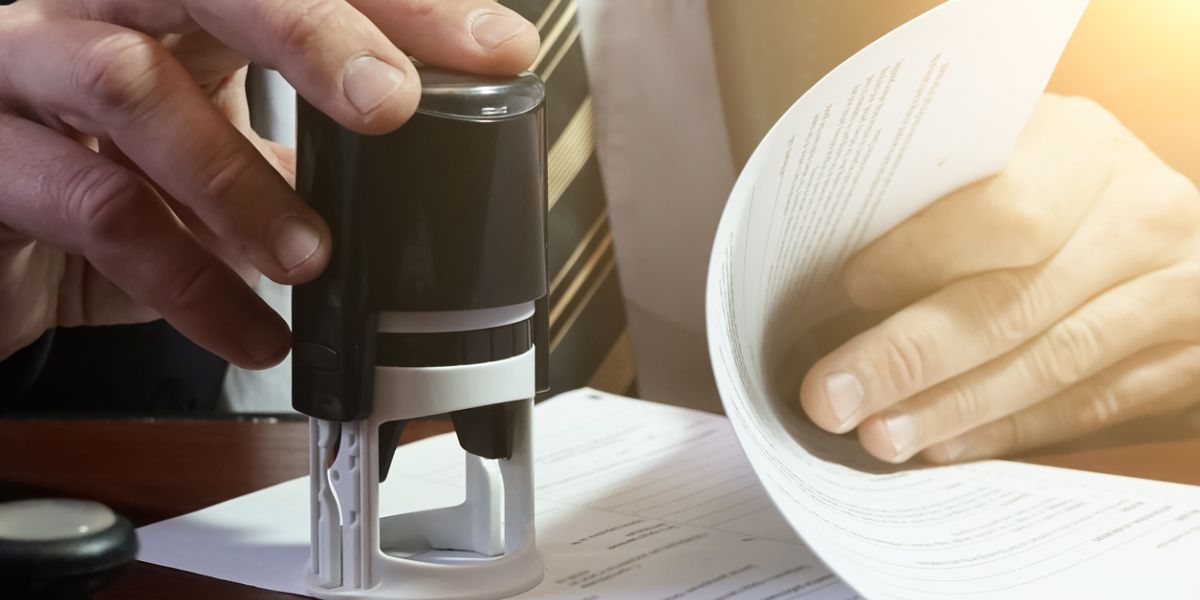What is a Copyright?
Artists, authors, photographers, composers, computer programmers, and other creators often consider protecting their work(s) with a copyright. Obtaining a copyright allows creators to control how their work is used by others. Typically, copyrighted works cannot be duplicated, distributed, or appropriated unless the creator has granted express permission to do so. Additionally, the unauthorized use of a creator’s copyrighted work can lead to civil and criminal penalties.
Should I Copyright My Work?
Any author of an original work, regardless of the form of their original creation, should consider copyrighting their idea. Notably, however, copyrights apply to ideas rather than facts. Additionally, the ideas must be fixed to a “tangible medium.” This means that the work must be in such a form that it can be communicated to others via audio or visual means, and it also requires that others be able to access a physical form of the work.
What Can be Copyrighted?
In the age of technology, there is a growing amount of works that can be copyrighted, especially with the rise of artificial intelligence and the proliferation of software programs. But a relatively current— though not exhaustive— list of works that may be copyrighted includes the following:
- Fiction and nonfiction writings;
- Poetry;
- Musical compositions;
- Sculptures;
- Dramatic works and accompanying music;
- Sound recordings;
- Photographs;
- Paintings and drawings;
- Sculptures;
- Architectural works;
- Databases;
- Audiovisual works, including movies;
- Multimedia works; and,
- Computer programs.
Who Owns the Copyrighted Material?
Once a work is copyrighted, the creator of the work owns the copyright. Anyone who profits from or uses the copyrighted work without authorization can be subject to civil and criminal penalties for copyright infringement, i.e., using the copyrighted work without express authorization from the owner of the copyrighted material.
What are Examples of Copyright Violations?
The following, non-exhaustive list contains some familiar examples of copyright infringement:
- Recording a musical and displaying uploading it to an online video platform without permission;
- Using a photographer’s work without permission;
- Reproducing an author’s work without authorization, such as creating a PDF of a recently published book and selling it online; and
- Burning CDs or DVDs for profit.
What is the Difference Between Copyright Infringement and Plagiarism?
The difference between plagiarism and copyright infringement is not always clear cut, but there are subtle and important discrepancies between the two misuses of original information. Plagiarism is copying someone else’s work and representing it to another audience as your own, original idea without indicating the source of the work. Here’s the catch: Someone can avoid plagiarizing original work by citing the source of the copied work, but that person can still violate the creator’s copyright if the original creator did not give explicit permission to reproduce the work Notably, copyright infringement and plagiarism can occur simultaneously, especially if one profits from reproducing someone else’s work without permission.
How Can a Copyright Law Firm Help Me?
A copyright law firm can help a creator protect their original ideas in a number of important ways. Namely, a copyright law firm can help the creator attain a copyright and, thereafter, protect copyrighted work. If your work has been reproduced, distributed, transmitted, or otherwise profited from without your permission, you might want to consider hiring an intellectual property attorney to help protect your copyrighted work. For example, an attorney can write a cease and desist letter to prevent any further use of the copyrighted work. A cease and desist letter describes the alleged misconduct of the wrongdoer and demands that the misconduct be stopped. This kind of letter can help with establishing a record of evidence should any litigation occur following the misconduct. Also, a copyright law firm can assist you if you are accused of copyright infringement and are facing the risk of civil and criminal penalties.

